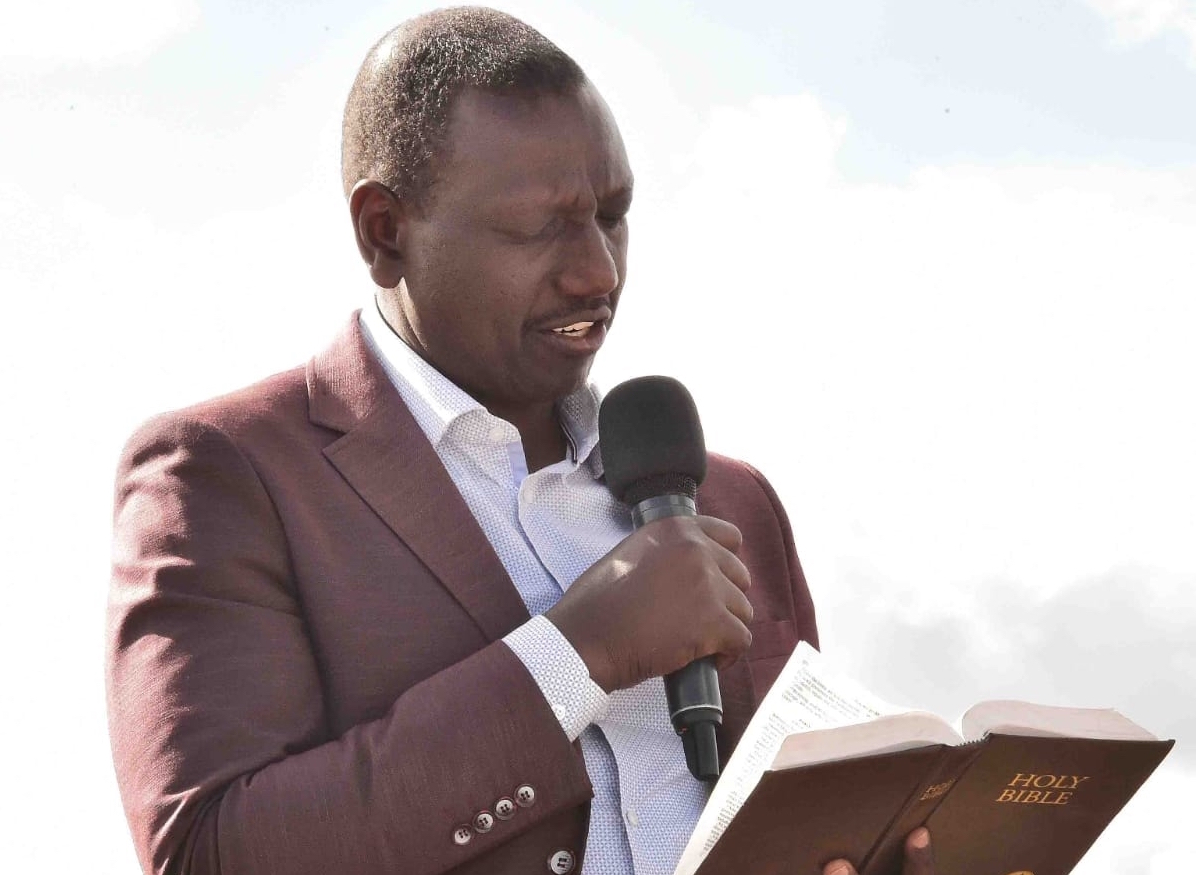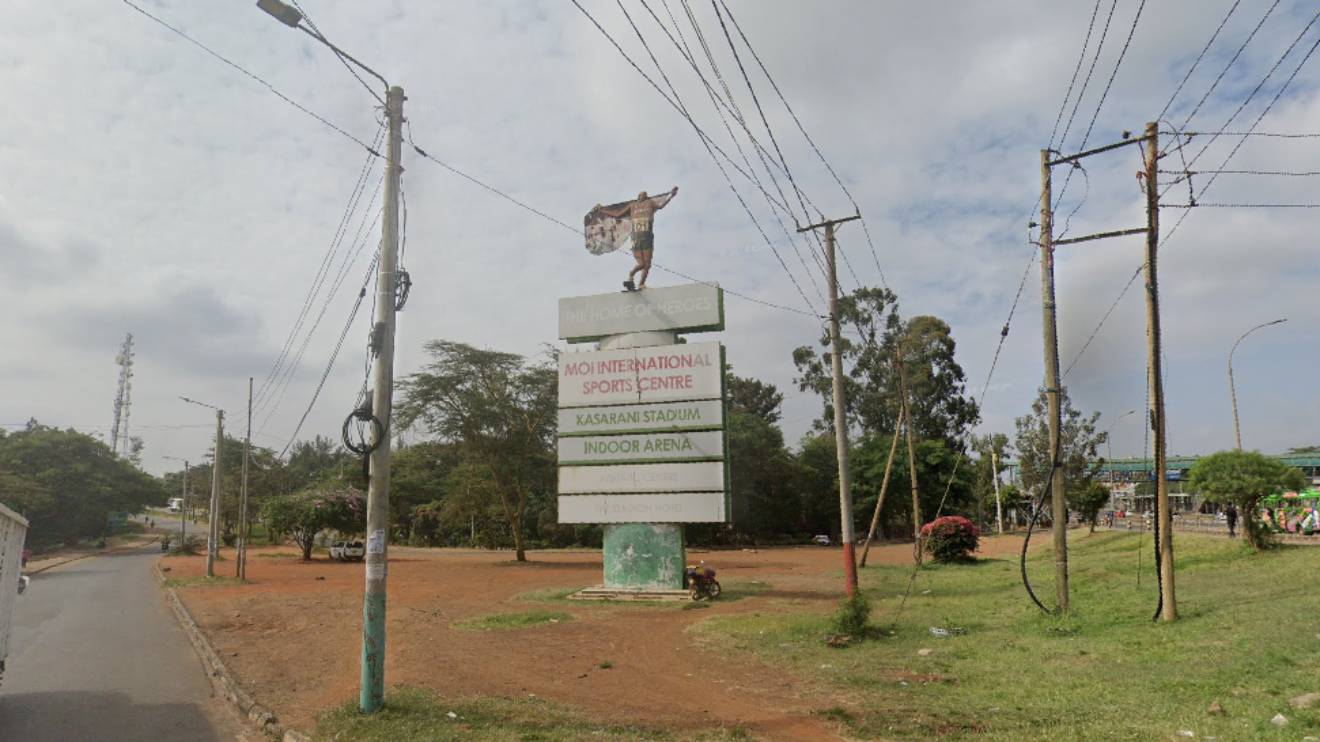Deputy President William Ruto has stirred the hornet's nest by quoting a nonexistent text and attributing it to the Bible during the National Prayer Breakfast event held on Thursday at the Safari Park Hotel in Nairobi.
Ruto had just thanked the Senate Speaker and National Assembly Speaker for their exemplary leadership in bringing the different arms of the government together for the annual meeting.
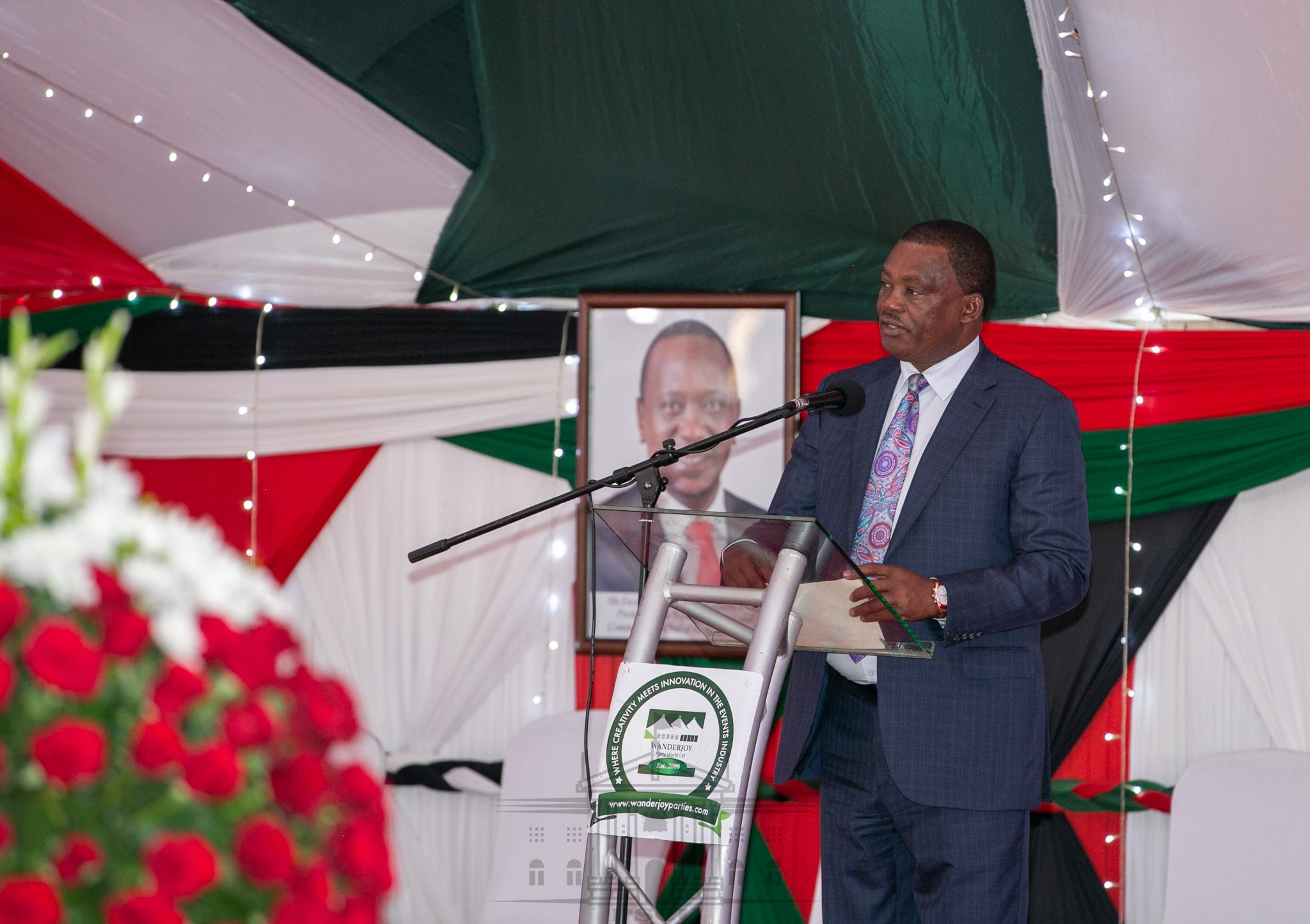
"The Bible tells us, that a house who pray together, stay together," Ruto said.
"When we come to pray together as a nation. It reminds us that we are one people. We are one nation under a God. Despite of, whatever differing opinions, we may hold."
Read More
It has since been established by Kenyans that there in no such verse in the bible.
Keen Kenyans further faulted Ruto who passes as a staunch for misquoting the bible during his speech.
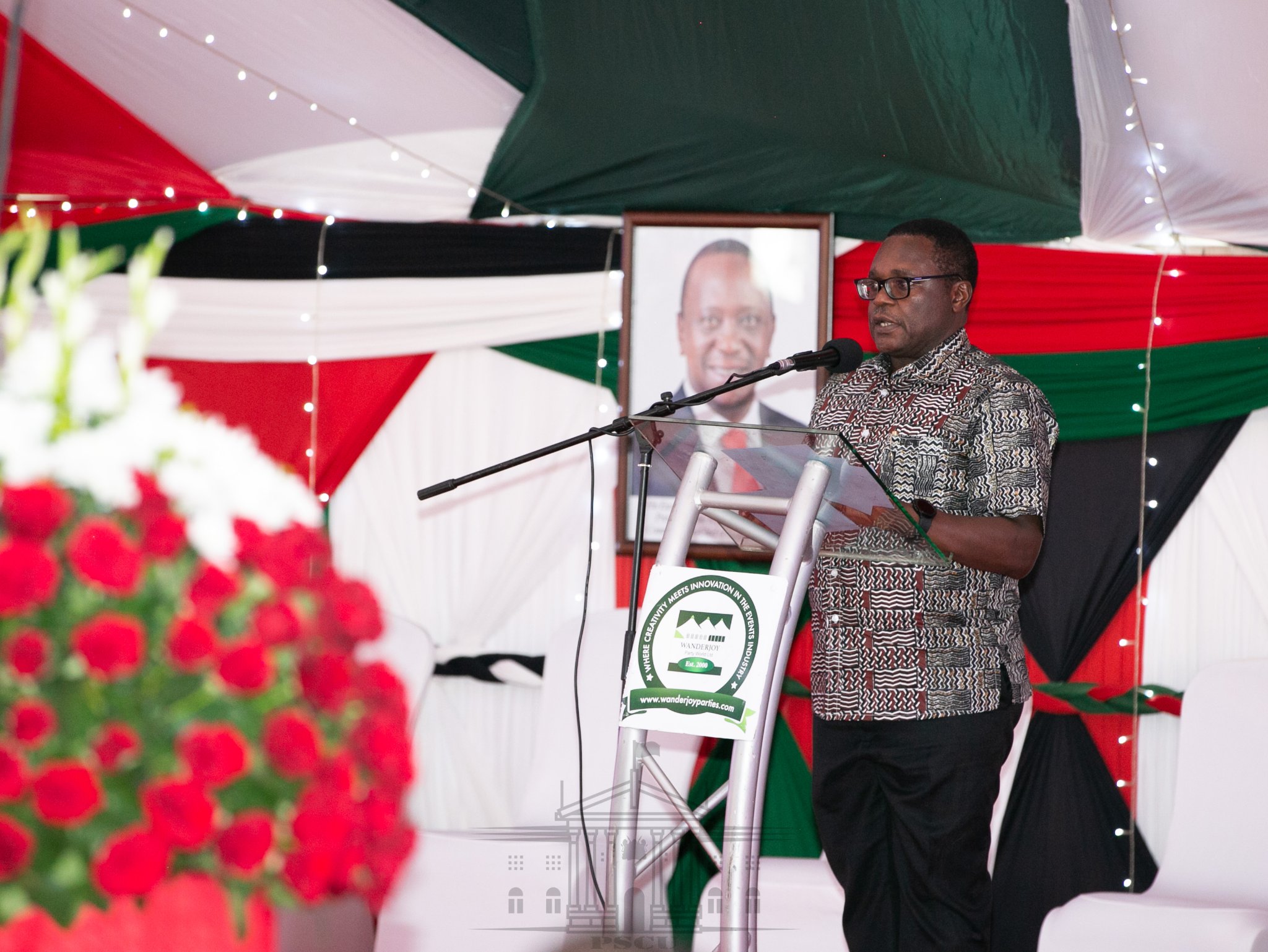
In the spirit of peace and harmony, Ruto was asking for forgiveness from his boss President Uhuru Kenyatta for any shortcomings that he may have had during his tenure as the country’s deputy president and from Kenyans.
The DP quoted a verse from the Bible which he said is found in the book of Isaiah 1: 18.
However, a quick look at the Bible revealed that Isaiah 1: 18 says “Come now, and let us reason together, saith the Lord: though your sins be as scarlet, they shall be as white as snow; though they be red like crimson, they shall be as wool.”
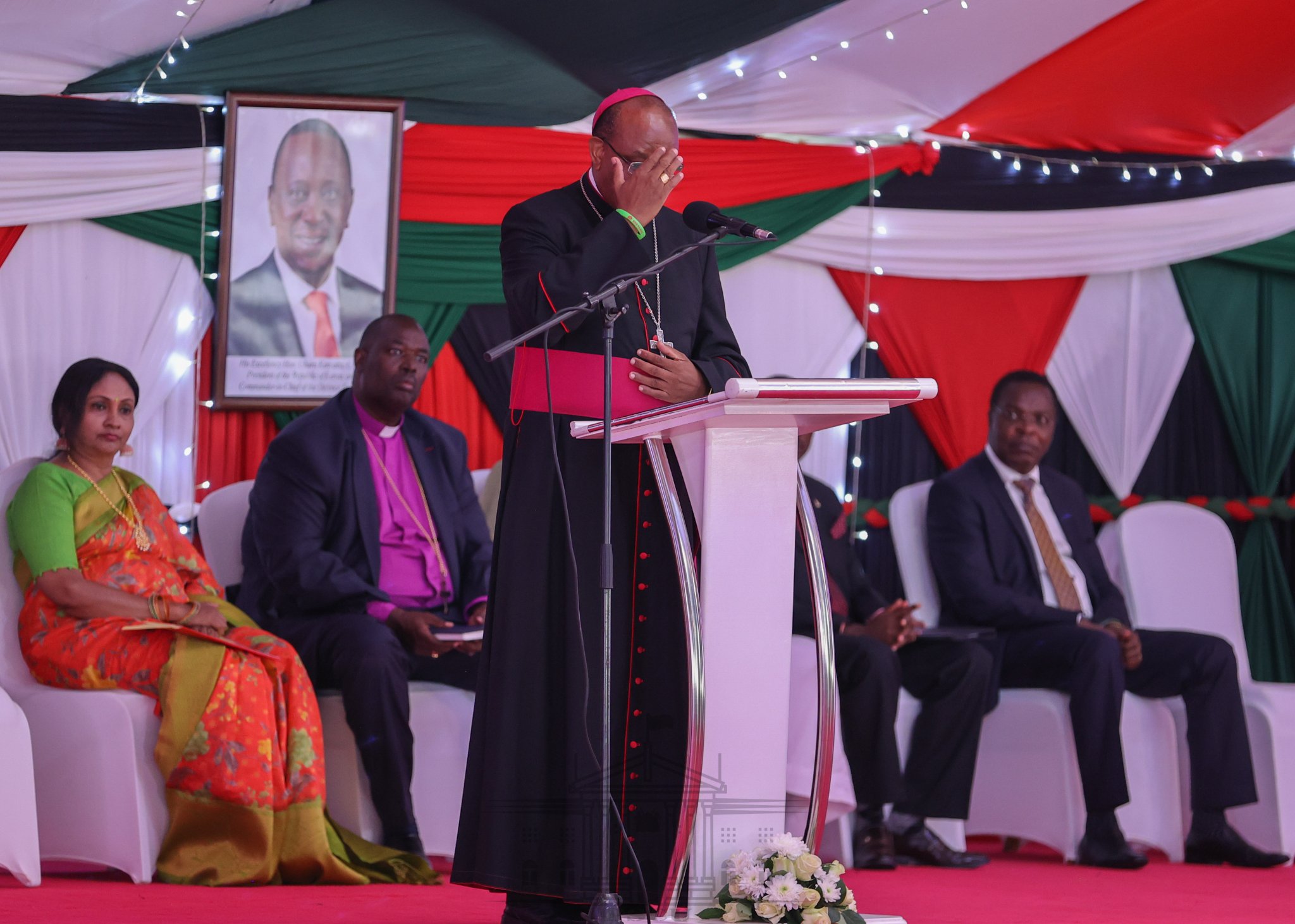
The verse Ruto quoted is found in the book of Romans 3:23.
“For all have sinned, and come short of the glory of God,” the verse reads.
Ruto spoke after the Azimio la Umoja One Kenya coalition presidential candidate Martha Karua gave her speech after Ruto invited her to speak on behalf of Raila Odinga who was away.

In her speech, Karua loosely quoted a verse in the Bible, albeit after admitting that she was not good at quoting the Bible.
“I just want you to remember that somewhere in the bible…I’m not good in quoting so don’t expect the verse…It is said, prayers without action is not real,” Karua said.
Karua’s quote comes from the book of James 2:20.
“But do you want to know, O foolish man, that faith without works is dead,” the verse reads.

